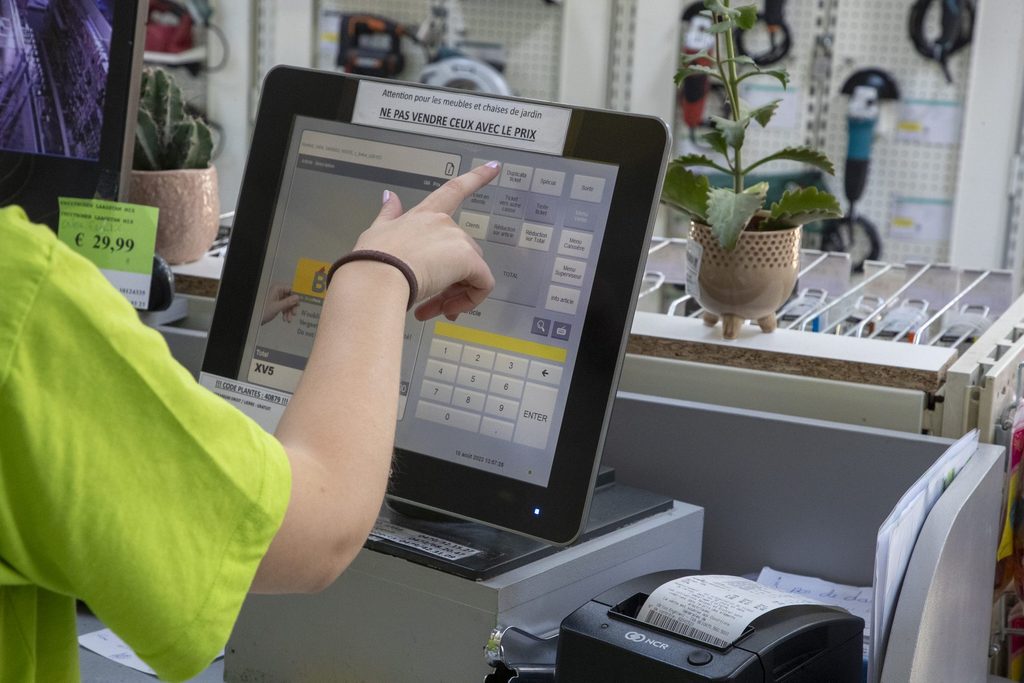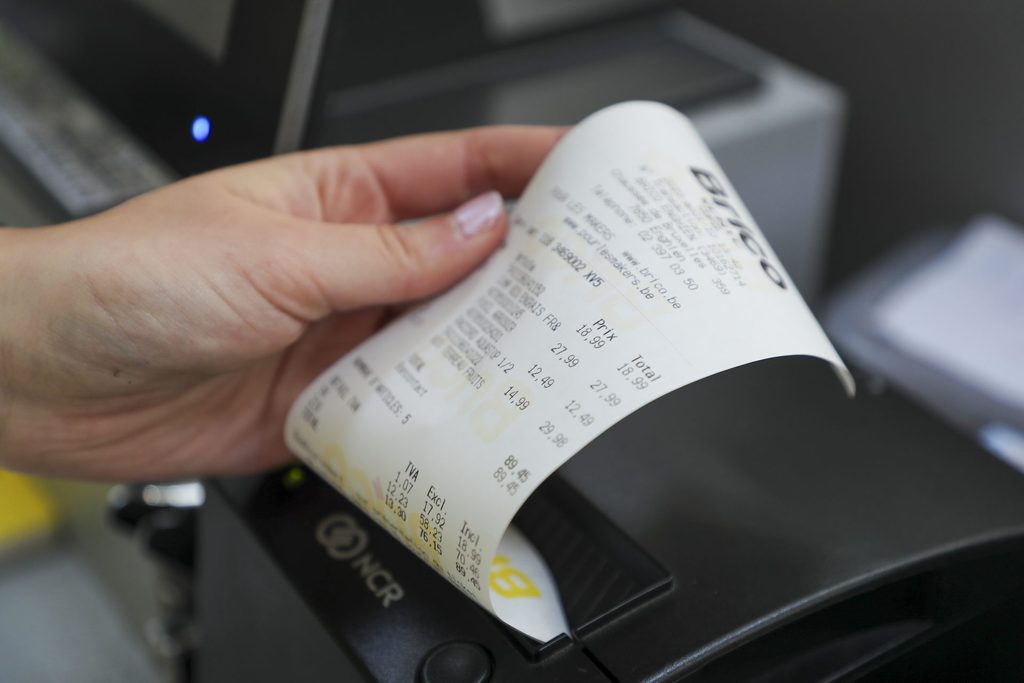In an effort to reduce the environmental impact of shopping receipts, Wallonia banned their mandatory use in the region in August 2023. But does this actually help?
In Wallonia, shoppers are no longer automatically handed paper receipts; instead, they must actively request one. While this may seem like a small change, it carries significant environmental implications.
Under the Walloon decree, merchants are now required to print receipts only upon customer request. The motivation behind this initiative is substantial: it's a proactive step to mitigate the annual destruction of four million trees, which would otherwise be cut down to produce five billion receipts across Belgium. This decision aligns with the region's commitment to environmental sustainability and conservation.
Comeos, the Belgian federation of trade and services, supports the measure as a positive step in the right direction. However, it calls for a unified national approach, given that many retailers operate across all three regions of Belgium. They also emphasise the need for a transitional period of at least 12 months to implement this change effectively.

Credit: Belga / Nicolas Maeterlinck
Initially, there will be no strict enforcement or penalties for non-compliance, although some exceptions exist, such as the requirement to print receipts in the hotel sector, restaurants, and car washes for tax purposes. In all other cases, the choice of providing a paper or digital receipt remains with the merchant.
Paper vs digital receipts
While the measure to reduce paper receipts is laudable, it's essential to examine the environmental implications of shifting to digital receipts.
Initially perceived as a greener alternative, digital receipts have their own set of environmental challenges.
An internal study by the French collective Green IT revealed that digital receipts, despite saving two centilitres of water compared to paper, actually produce three grams of additional CO2 emissions. These numbers demonstrate that the digital option is not entirely eco-friendly. Furthermore, these calculations do not account for the additional infrastructure and energy requirements needed for digital communication.
In light of these findings, the ideal approach is to request a receipt only when necessary. Often, people accept a receipt out of habit and promptly dispose of it, contributing to unnecessary waste and environmental harm.
If people find themselves needing to check the details of your purchases, they face a dilemma: continue to contribute to deforestation by requesting a paper receipt or generate more CO2 emissions by opting for the digital version.
In conclusion, while Wallonia's new policy to reduce paper receipts is a commendable step towards environmental conservation, it highlights the complexity of minimising our ecological footprint in a digital age.
To make a genuinely positive impact, consumers should become mindful of their receipt requests, opting for the greener choice whenever possible. Whether through reduced paper consumption or the judicious use of digital receipts, we can collectively work towards a more sustainable future while still enjoying the benefits of modern commerce.

